Table of Contents
- Peanut Butter Recall 2024 List Uk - Lita Beverlie
- 40 tonnes of butter recalled for absurd reason | OverSixty
- Almond Butter Recalled From Trader Joe’s and Whole Foods Due to ...
- Skippy Peanut Butter recall: List of products and all you need to know
- What You Need To Know About The Jif Peanut Butter Recall
- RECALLED - Peanut Butter Stock Photo - Alamy
- Peanut Butter - Imgflip
- Recall: Organic Butter Recalled For Possible Listeria Contamination ...
- Peanut butter recalled because there's no warning that it contains nuts ...
- Nearly 80,000 Pounds of Butter Recalled Due to Labeling Error
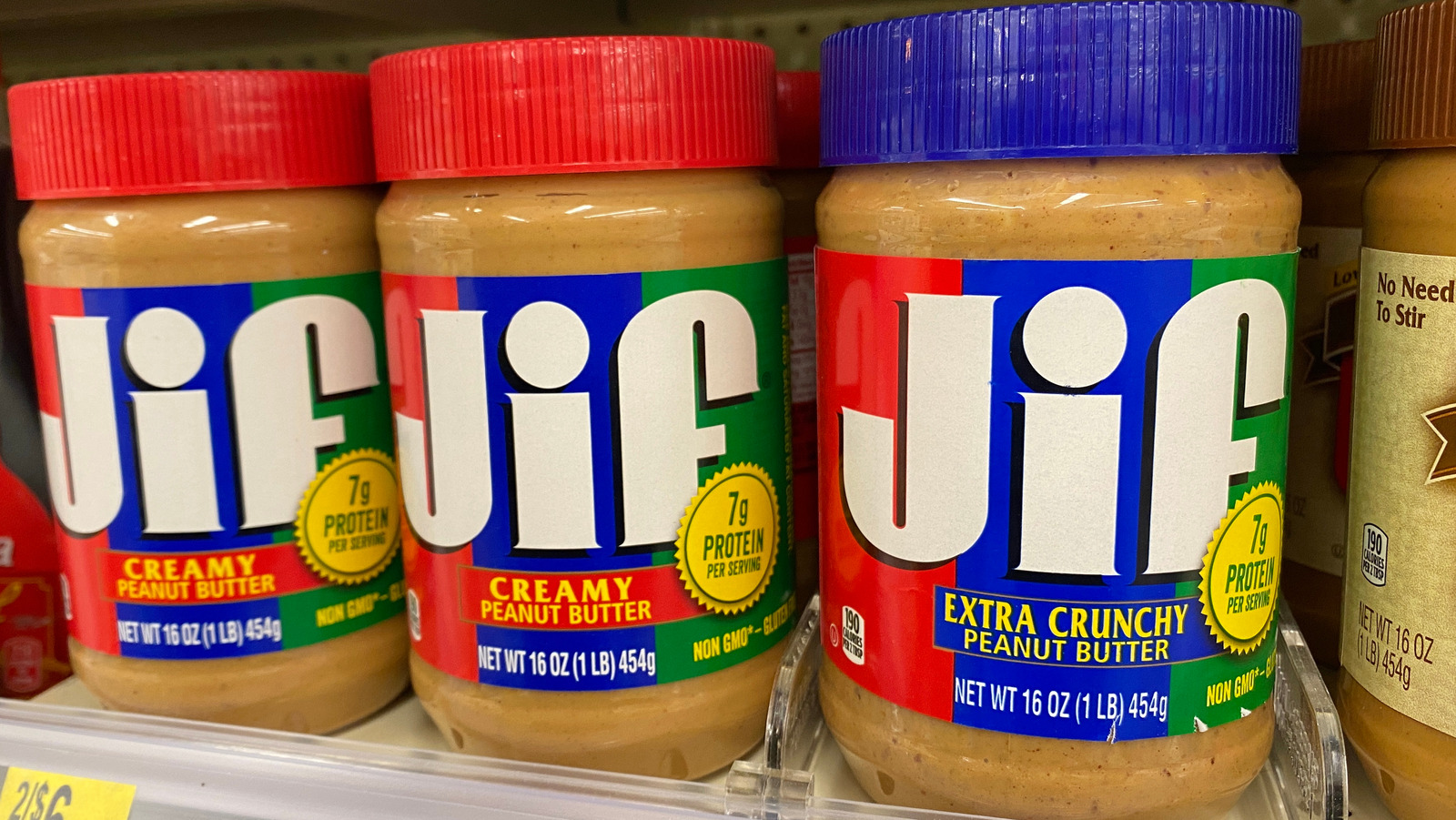
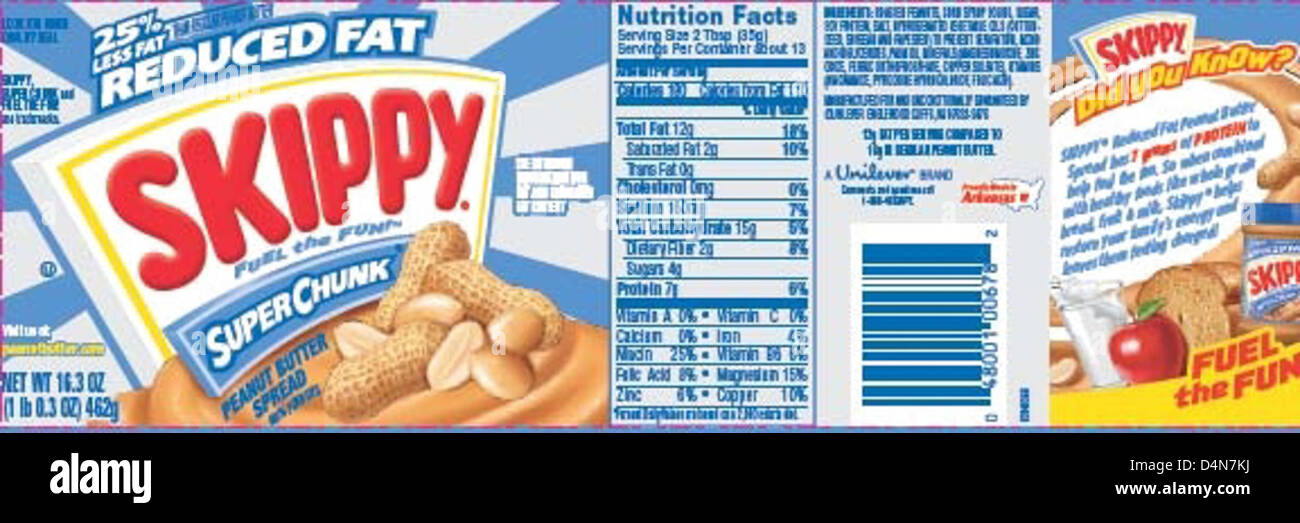

What Happened?

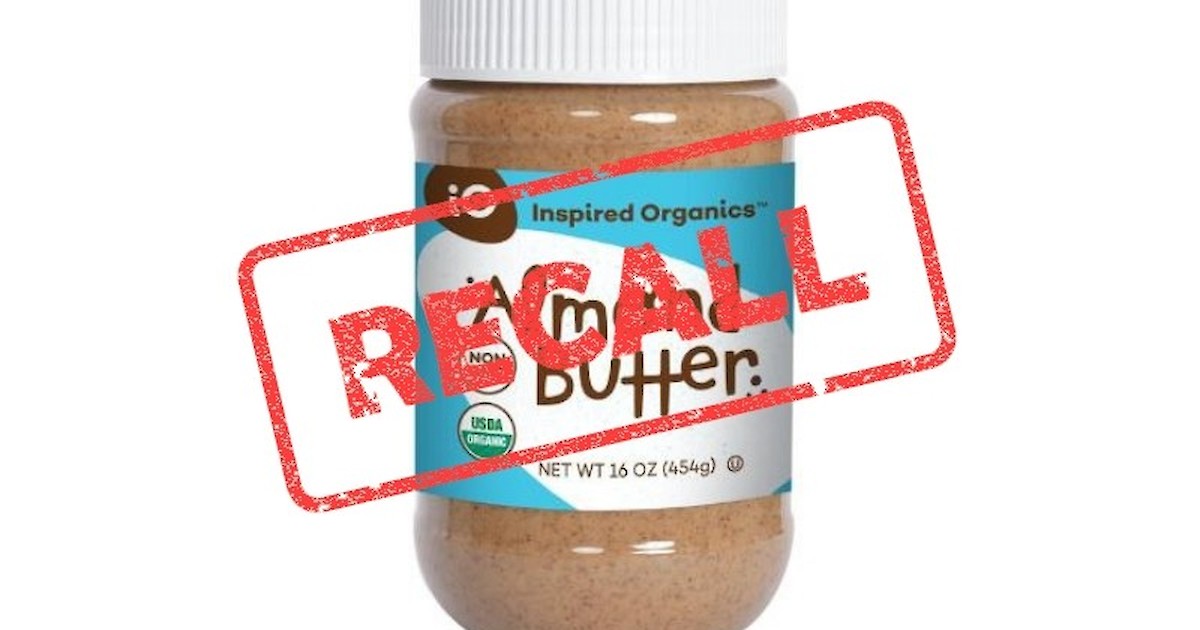
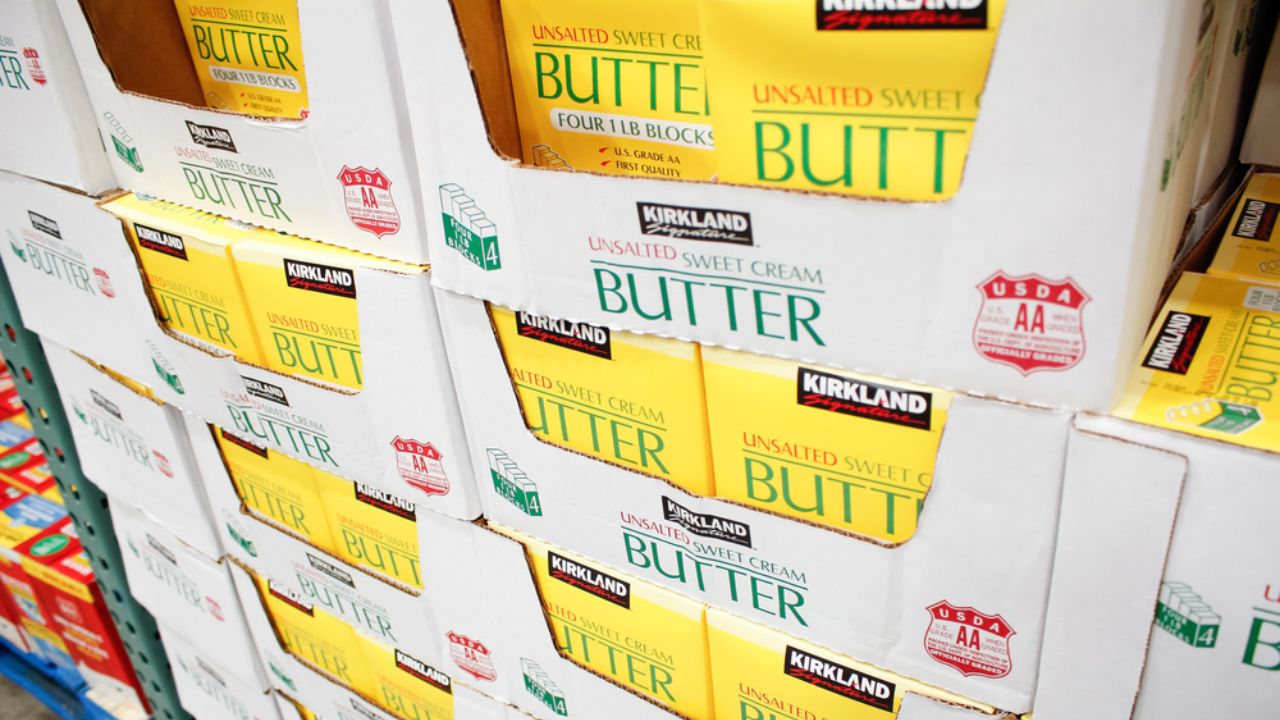
Risks of Fecal Contamination



What Consumers Can Do
To protect themselves from potential fecal contamination, consumers should take the following precautions: Check the recall list: Visit the Cabot Creamery website or the FDA website to check if the butter products they have purchased are part of the recall. Return or discard recalled products: If a product is recalled, consumers should return it to the store or discard it immediately. Choose alternative brands: Until the recall is resolved, consumers may want to consider alternative butter brands that have not been affected by the recall. Practice good hygiene: Always handle and store dairy products safely to prevent cross-contamination.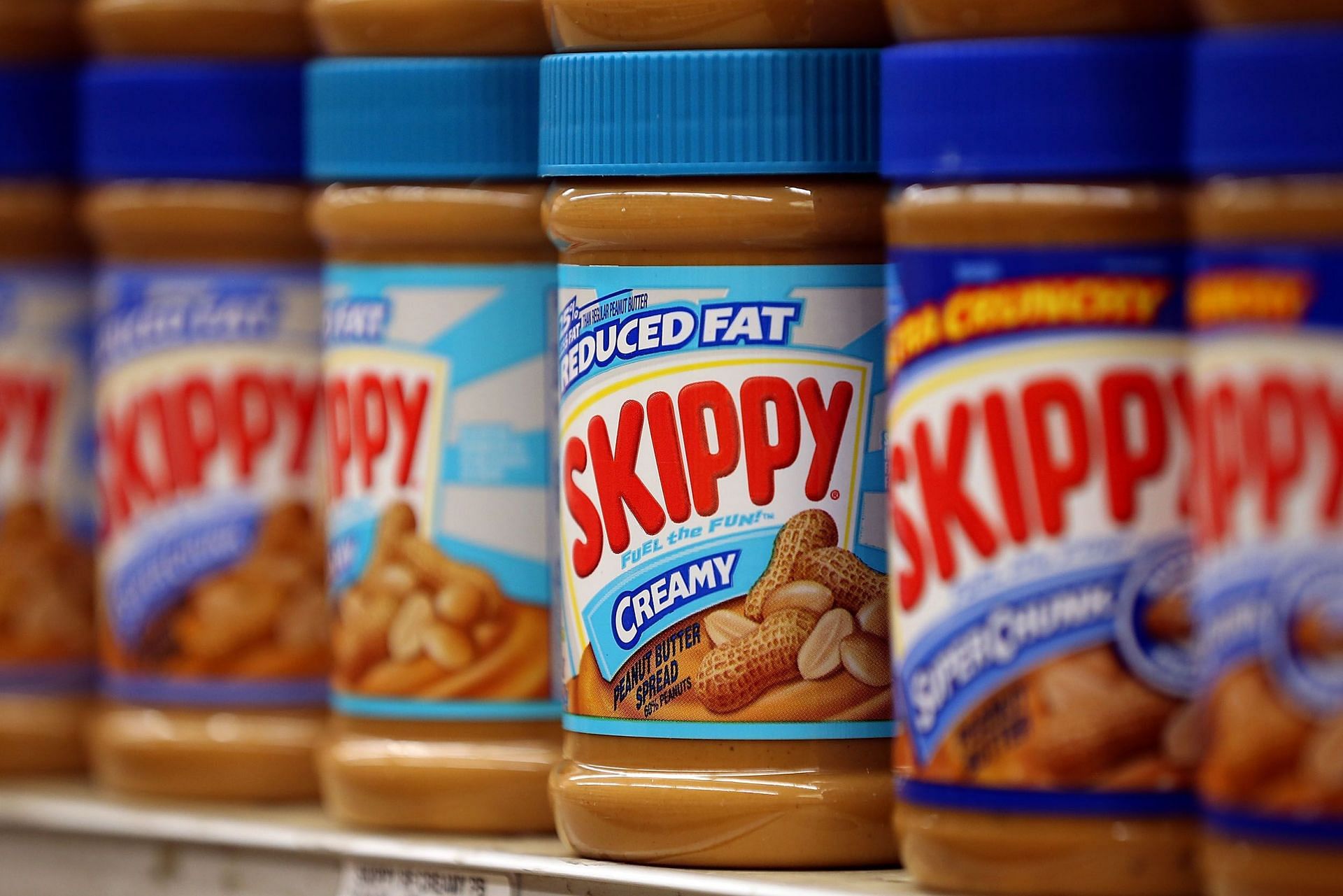
Cabot Creamery's Response
Cabot Creamery has taken immediate action to address the issue and ensure the quality and safety of its products. The company has implemented additional quality control measures, including increased testing and inspection of its dairy farm and manufacturing facilities. Cabot Creamery is also cooperating with regulatory agencies to investigate the cause of the contamination and prevent future incidents. The recall of Cabot Creamery butter due to possible fecal contamination is a serious issue that affects not only the company but also consumer trust. While the recall is a precautionary measure, it highlights the importance of strict quality control measures in the food industry. By understanding the risks of fecal contamination and taking necessary precautions, consumers can protect themselves from potential harm. As the investigation into the cause of the contamination continues, Cabot Creamery's commitment to quality and safety is crucial in restoring consumer trust and ensuring the safety of its products.For more information on the recall, visit the Cabot Creamery website or the FDA website. Stay informed, stay safe!
Note: This article is for informational purposes only and is not intended to provide medical or legal advice. If you have concerns about food safety or have been affected by the recall, please consult a healthcare professional or contact the relevant authorities.